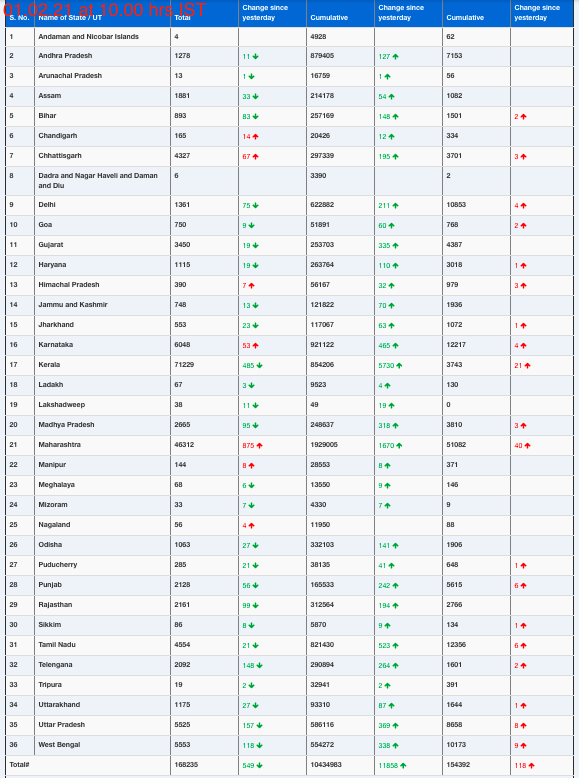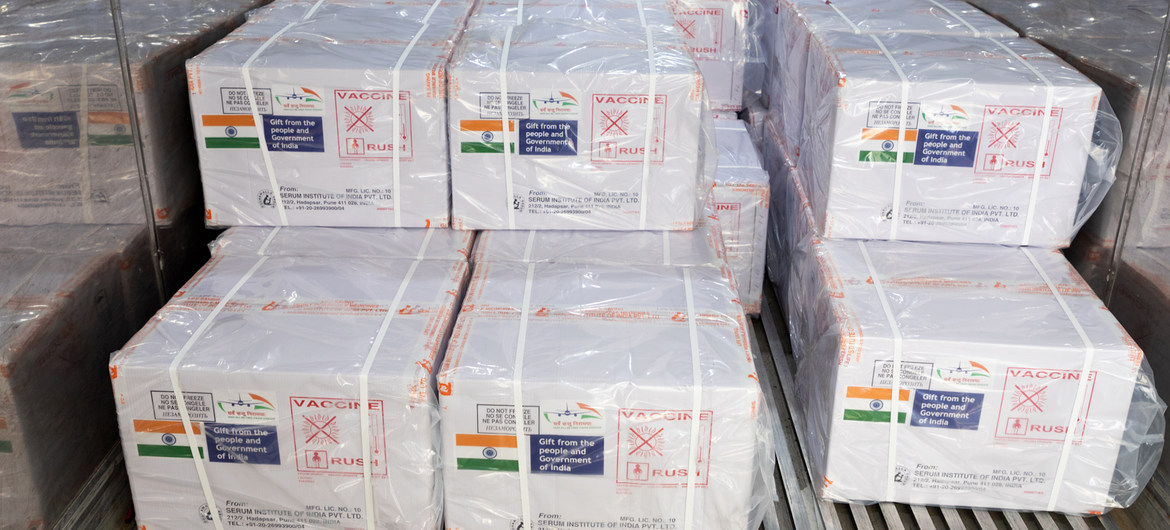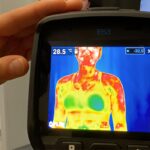The Government conducted the National Mental Health Survey (NMHS) of India through the National Institute of Mental Health and Neuro Sciences (NIMHANS), Bengaluru in 2016 as per which the prevalence of mental disorders in adults over the age of 18 years is about 10.6%. The District Mental Health Programme (DMHP) component of the National Mental Health Programme (NMHP) has been sanctioned for implementation in 692 districts for which support is provided to States/UTs through the National Health Mission.
Facilities made available under DMHP at the Community Health Centre(CHC) and Primary Health Centre(PHC) levels, inter-alia, include outpatient services, assessment, counselling/ psychosocial interventions, continuing care and support to persons with severe mental disorders, drugs, outreach services, ambulance services etc. In addition to the above services, there is a provision of 10 bedded in-patient facility at the District level.
The Government has not conducted any study to assess the impact of COVID-19 pandemic on the mental health of the population. However, realizing the impact that COVID-19 may have on the mental health of the people, the Government has taken a number of initiatives to provide psychosocial support during COVID-19. These initiatives include:
- Setting up of a 24/7 helpline to provide psychosocial support, by mental health professionals, to the entire affected population, divided into different target groups viz children, adult, elderly, women and healthcare workers.
- Issuance of guidelines/ advisories on the management of mental health issues, catering to different segments of the society.
- Advocacy through various media platforms in the form of creative and audio-visual materials on managing stress and anxiety, and promoting an environment of support and care for all.
- Issuance of detailed guidelines by the National Institute of Mental Health and Neurosciences (NIMHANS), Bengaluru- “Mental Health in the times of COVID-19 Pandemic – Guidance for General Medical and Specialized Mental Health Care Settings”.
- All the guidelines, advisories and advocacy material can be accessed on the Ministry of Health and Family Welfare website under “Behavioural Health – Psychosocial helpline” (https://www.mohfw.gov.in/).
- Online capacity building of health workers by NIMHANS in providing psychosocial support and training through (iGOT)-Diksha platform.
With the objective to address the shortage of mental health professionals in the country, 25 Centres of Excellence in Mental Health and 47 PG training Departments in Mental Health specialities to increase the PG training capacity in mental health as well as improving the tertiary care facility have been funded. The financial support for the establishment of each Centre of Excellence in the field of mental health has been increased from Rs. 30 crores in the 11th Five Year Plan to Rs. 36.96 crores per Centre.
The District Mental Health Programme (DMHP) has been extended to 692 districts of the country, under which, enhanced financial assistance of up to Rs. 83.20 lakhs per district per year is being provided to the districts for detection, management and treatment of mental disorders/ illness and additional components like suicide prevention services, workplace stress management, life skills training and counselling in schools and colleges, etc.
Sufficient financial assistance is also provided to the three Central Institutions viz. National Institute of Mental Health and Neuro-Sciences, Bengaluru, Lokopriya Gopinath Bordoloi Regional Institute of Mental Health, Tezpur, Assam and Central Institute of Psychiatry, Ranchi.
Further, as mandated by the Mental Healthcare Act, 2017, mental healthcare services have been integrated into general healthcare services like National Health Mission, PMSSY, Rashtriya Kishore Swasthya Karyakram, AYUSHMAN Bharat, PMJAY, etc.
The Minister of State (Health and Family Welfare), Sh. Ashwini Kumar Choubey stated this in a written reply in the Rajya Sabha here today.












